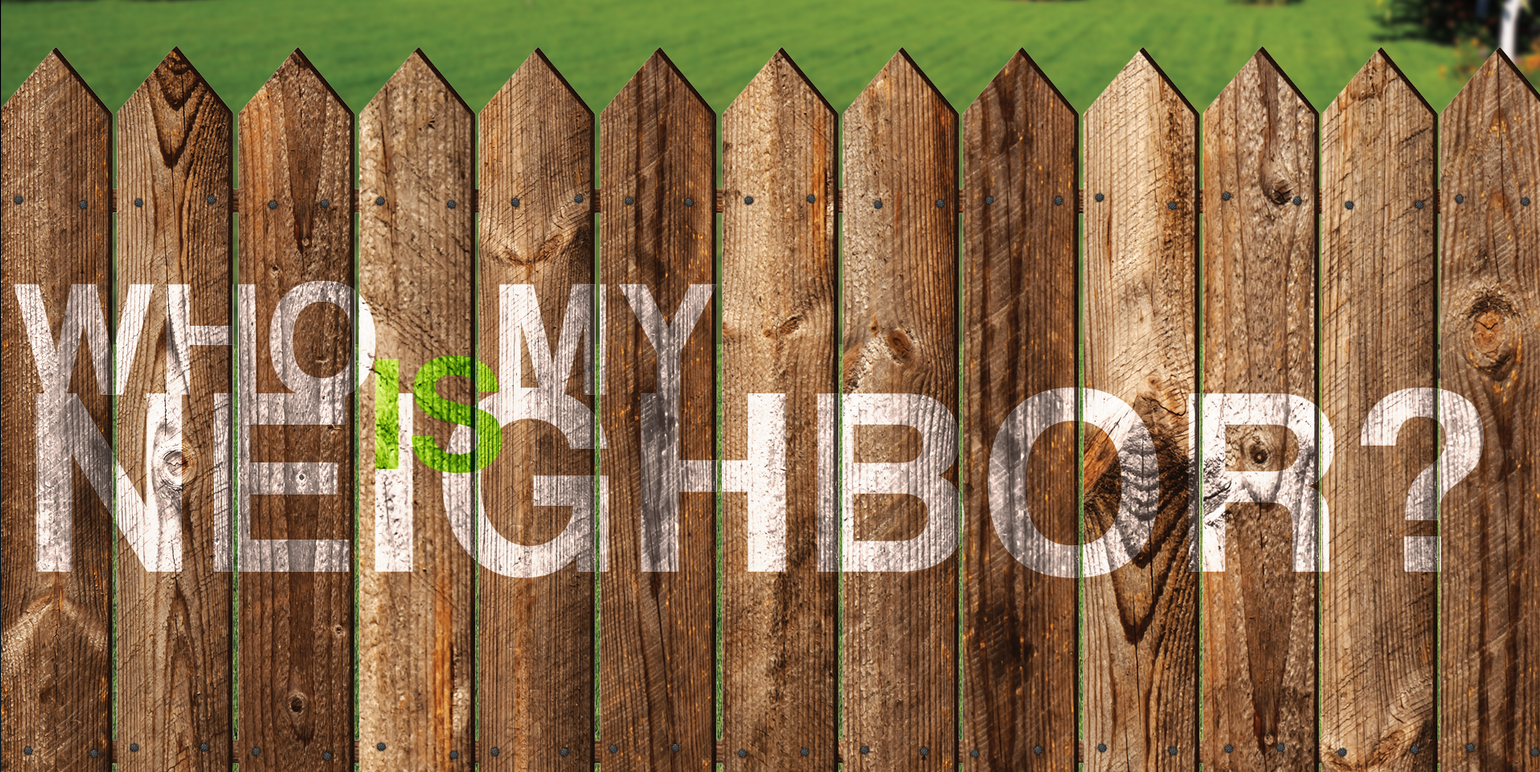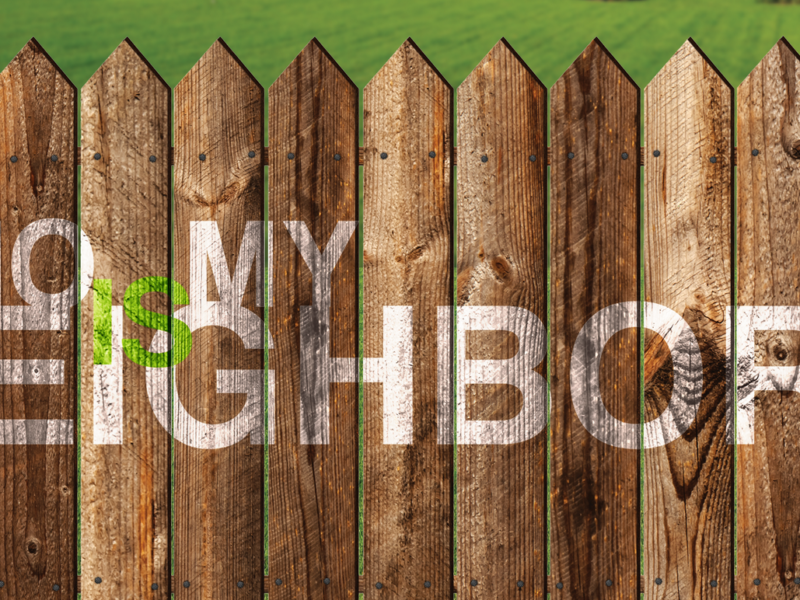By now, many of you have probably seen Brian Bethune’s article The End of Neighbors or coverage by The Today Show, TIME Magazine, or AOL that reported 50% of all Americans do not even know their neighbors’ names. Bethune illuminates the notion that we, as a society, need to foster more human connections.
It is no surprise to those of us in the disability advocacy community that neighborhoods today are not cultivating community relationships let alone integrating those who have intellectual or developmental disabilities (I/DD). For years, organizations, like those in the Coalition for Community Choice (CCC), have been working to convince policymakers that being part of a meaningful community must extend further than simply being located in a neurotypical residential neighborhood.
Individuals with I/DD who are living in their family homes or group homes often have little social capital because they lack employment options, transportation, and opportunities to develop real unpaid friendships with their neighbors. I may have a conversation with the gentleman who bags my groceries every week, but I don’t feel it’s appropriate to invite him to my apartment for dinner as he takes my groceries to the car. We first need to build a relationship … but how?
Grassroots efforts across the nation are trying to create public-private partnerships and develop “intentional communities” that would offer urgently needed housing options to people with and without disabilities. By fostering integration and relational community, these spaces may include planned recreational opportunities, social enterprise employment options, and community amenities that would benefit the local area. Counties, faith communities, and local non-profits have stepped in to support these efforts financially. Designed and informed by local individuals with I/DD, these community projects relieve states of a financial burden. While discrimination and NIMBY (Not In My Back Yard) are struggles facing these supportive housing opportunities, government policy creates barriers, as well.
Susan Pinker, author of the Village Effect, says that “face-to-face contact matters: tight bonds of friendship and love heal us, help children learn, extend our lives and make us happy.” The CoHousing movement, Foundation for Intentional Communities, Agrihoods, and other “Live-Work-Play” planned communities are emerging for neurotypicals who are fighting against the effects of isolation. Intentionally neurodiverse communities aim to foster supportive environments that value and nurture relationships. You will undoubtedly learn your neighbors’ names in these friendly neighborhoods.
The stigma of “congregate settings” for those with disabilities stems from a troubling history. What constitutes “home and community” shouldn’t be strictly defined by policymakers but by individuals with I/DD who have the right to live in a home and community of their choice. No one should create barriers to affordable housing solutions that offer access to recreation, employment, and real relationships for people with and without disabilities.
If you would like to connect with others and be an advocate for increased supportive housing choices in your state, Take action now and make sure your state ensures people with I/DD will have a broad range of housing options for the future!



 Op-ed from the President: What Happens When Services Are Not Available?
Op-ed from the President: What Happens When Services Are Not Available?


